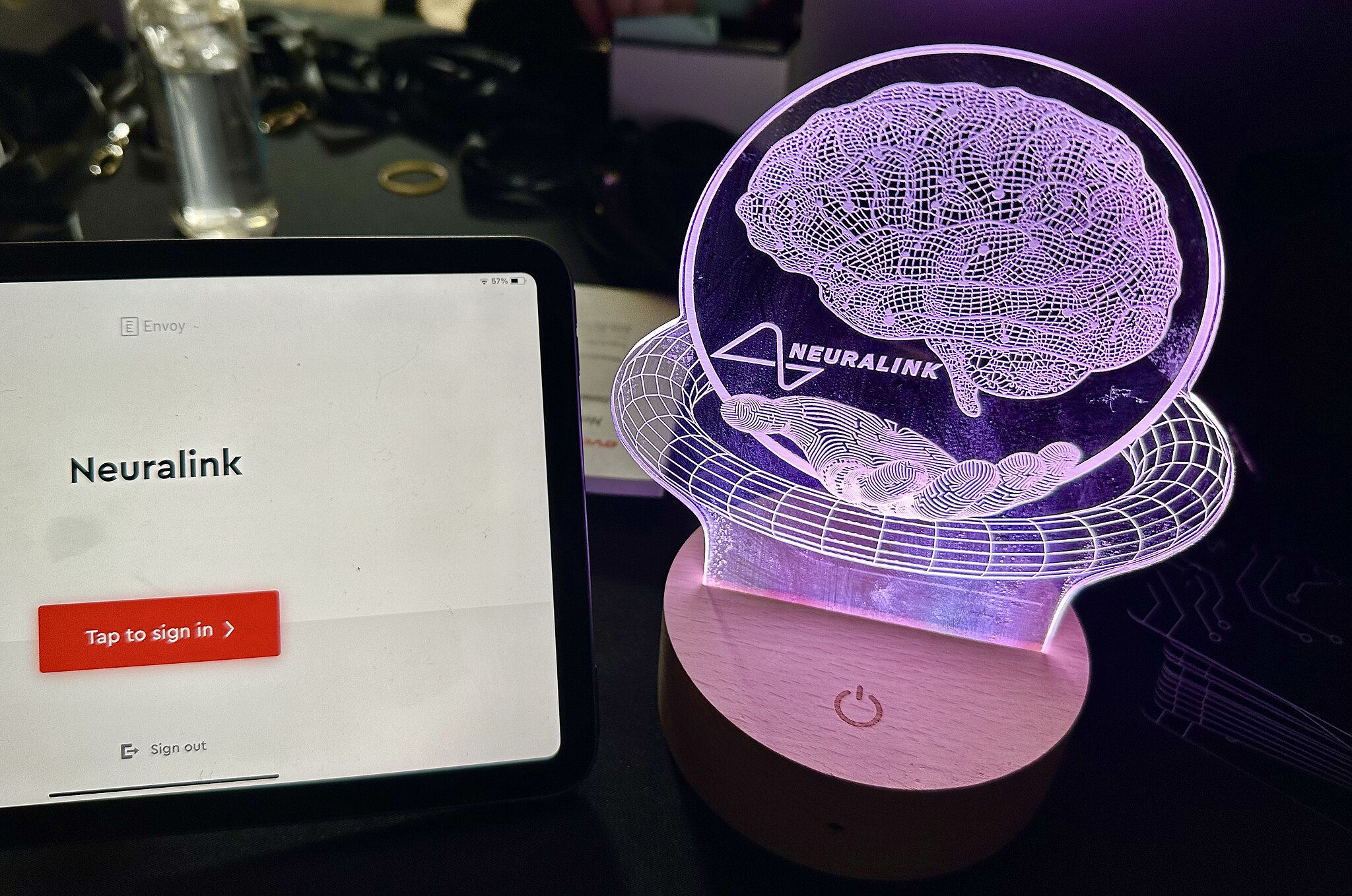One of the co-founders of Neuralink, Benjamin Rapoport, has departed from the Elon Musk-led brain-computer interface company due to safety concerns. The departure of this top executive intensifies the ongoing debate about the safety and ethics of brain-computer interfaces.
During a recent interview with the Wall Street Journal’s podcast “The Future of Everything,” Rapoport made a startling admission. A neurosurgeon by profession, Rapoport admitted he had spared no effort in his bid to advance neural interfaces from science to medicine.
However, he emphasised prioritising safety when merging new technology with medicine. After leaving Neuralink, Rapoport started his venture, Precision Neuroscience.
“I’ve pretty much devoted my entire professional life to bringing neural interfaces from the world of science to the world of medicine,” Rapoport told the WSJ’s Danny Lewis. “But I felt that to move to the world of medicine and technology, safety is paramount.”
Neuralink: Groundbreaking Innovation or Ethical Concerns?
Rapoport’s comments hinted at a fundamental philosophical clash within Neuralink regarding the invasiveness of BCIs. A key point of contention for Rapoport is Neuralink’s approach.
The company relies on implanting tiny electrodes to collect data, a method Rapoport views as potentially harmful due to the risk of brain damage.
Twitter / SuperBrain @superbrain
“For a medical device, safety often implies minimal invasiveness,” he explained. “And in the early days of brain-computer interfaces, there was this notion that to extract information-rich data from the brain, one needed to penetrate the brain with tiny little needle-like electrodes.”
Rapoport criticised the heavy implantation methods employed by some BCI companies. He claims these methods, while potentially effective, come at a significant cost: “some amount of brain damage” during insertion. Rapoport firmly believed there should be a better way.
He envisioned extracting “information-rich data from the brain without damaging the brain” – a philosophy that became the cornerstone of Precision Neuroscience.
He explained that Neuralink relies on penetrating microelectrodes, contrasting it with Precision’s approach. “The Precision system is based on surface microelectrodes, which are tiny little electrodes that coat the surface of the brain without penetrating it.”
The most vivid comparison of these two opposing philosophies lies in the contrasting implantation methods employed by each company. Notably, Neuralink’s BCI technology utilises implantable chips roughly the size of a quarter.
Their surgical procedure involves removing a portion of the skull to accommodate the chip, which is then embedded in the brain cavity. Since the early stages of animal testing in 2019-2020, Neuralink has reportedly made significant advancements in refining this surgical technique.
It is worth noting that the first human patient received an implant from Musk’s brain-chip startup in January.
The Debate Over BCI Implantation Methods
In contrast to Neuralink’s approach, Precision Neuroscience prioritises a minimally invasive surgical technique. As Rapoport described on the WSJ podcast, their procedure involves a small incision in the scalp followed by a sub-millimetre incision in the skull itself.
As a result, there’s no need for a craniotomy, a more extensive procedure that removes a portion of the skull. “Because the electrode films are skinny,” he explained, “we can slip them through a little slit in the bone onto the brain surface.”
Neuralink’s groundbreaking work in brain-computer interfaces has garnered significant attention and controversy. Reports of alleged mistreatment of monkeys at Neuralink facilities and scepticism from some in the scientific community regarding the feasibility and safety of Neuralink’s approach have emerged. However, this has yet to affect the potential applications of BCI technology.







